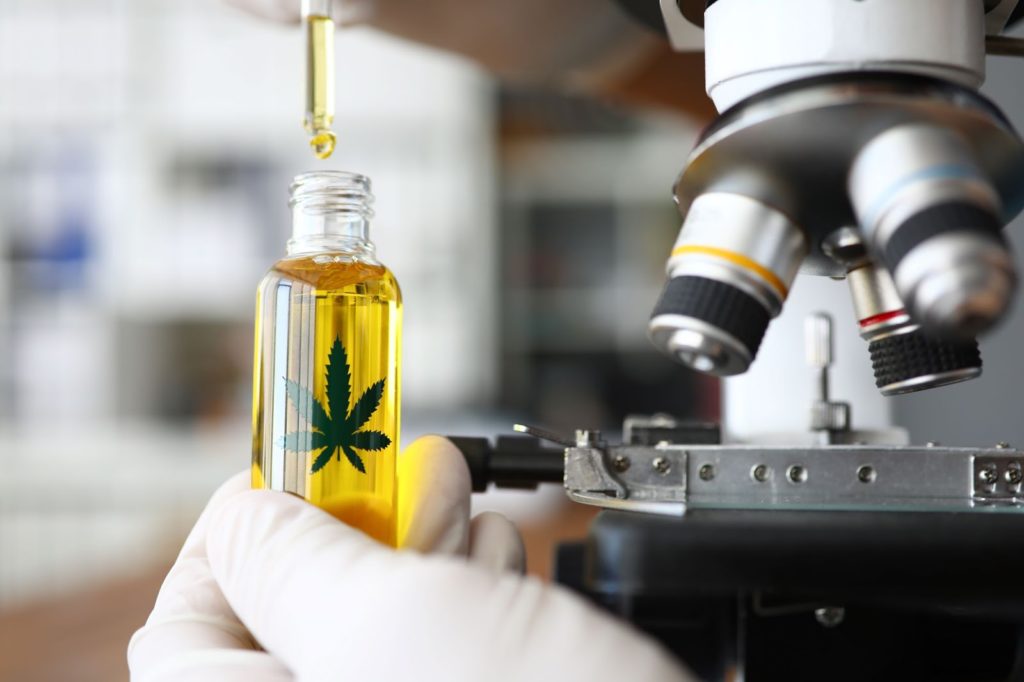 Chronic marijuana use by teenage boys does not appear to be linked to later physical or mental health issues such as depression, psychotic symptoms or asthma, according to a study published by the American Psychological Association.
Chronic marijuana use by teenage boys does not appear to be linked to later physical or mental health issues such as depression, psychotic symptoms or asthma, according to a study published by the American Psychological Association.
Researchers from the University of Pittsburgh Medical Center and Rutgers University tracked 408 males from adolescence into their mid-30s for the study, which was published in Psychology of Addictive Behaviors®.
“What we found was a little surprising,” said lead researcher Jordan Bechtold, PhD, a psychology research fellow at the University of Pittsburgh Medical Center. “There were no differences in any of the mental or physical health outcomes that we measured regardless of the amount or frequency of marijuana used during adolescence.”
Marijuana use has undergone intense scrutiny as several states and the District of Columbia have legalized the drug, prompting the researchers to examine whether teen marijuana use has long-term health consequences. Based on some prior studies, they expected to find a link between teen marijuana use and the later development of psychotic symptoms (delusions, hallucinations, etc.), cancer, asthma or respiratory problems, but they found none. The study also found no link between teen marijuana use and lifetime depression, anxiety, allergies, headaches or high blood pressure. This study is one of just a few studies on the long-term health effects of teen marijuana use that have tracked hundreds of participants for more than two decades of their lives, Bechtold said.
The research was an offshoot of the Pittsburgh Youth Study, which began tracking 14-year-old male Pittsburgh public school students in the late 1980s to analyze various health and social issues. For 12 years, participants were surveyed annually or semiannually, and a follow-up survey was conducted with 408 participants in 2009-10 when they were 36 years old. The study sample was 54 percent black, 42 percent white and 4 percent other races or ethnicities. There were no differences in the findings based on race or ethnicity.
Participants were divided into four groups based on their reported marijuana use: low or non-users (46 percent); early chronic users (22 percent); participants who only smoked marijuana during adolescence (11 percent); and those who began using marijuana later in their teen years and continued using the drug (21 percent). Early chronic users reported much higher marijuana use, which rapidly increased during their teens to a peak of more than 200 days per year on average when they were 22 years old. Their marijuana use then declined somewhat as they got older.
The researchers controlled for other factors that could have influenced the findings, including cigarette smoking, other illicit drug use, and participants’ access to health insurance. Since the study included only males, there were no findings or conclusions about women. Relatively few participants had psychotic symptoms, according to the study.
“We wanted to help inform the debate about legalization of marijuana, but it’s a very complicated issue and one study should not be taken in isolation,” Bechtold said.
Article: “Chronic Adolescent Marijuana Use as a Risk Factor for Physical and Mental Health Problems in Young Adult Men;” Jordan Bechtold, PhD, and Dustin Pardini, PhD University of Pittsburgh Medical Center; Theresa Simpson, MA, and Helene R. White, PhD; Rutgers University; Psychology of Addictive Behaviors; published online Aug. 3, 2015.
Jordan Bechtold can be contacted by email or by phone at (949) 291-7520.
The American Psychological Association, in Washington, D.C., is the largest scientific and professional organization representing psychology in the United States. APA’s membership includes more than 122,500 researchers, educators, clinicians, consultants and students. Through its divisions in 54 subfields of psychology and affiliations with 60 state, territorial and Canadian provincial associations, APA works to advance the creation, communication and application of psychological knowledge to benefit society and improve people’s lives.




